Updated: Novo Holdings pays $16.5B to take Catalent private — and sells three manufacturing sites to Novo Nordisk

Updated: Novo Holdings pays $16.5B to take Catalent private — and sells three manufacturing sites to Novo Nordisk
Novo Holdings, the investment arm of Novo Nordisk’s parent foundation, is buying Catalent in a deal valued at $16.5 billion that’s the biggest it’s ever made.
Catalent, a major player in the contract development and manufacturing world, is heavily involved in producing Novo Nordisk’s top-selling obesity drug Wegovy, which continues to be in shortage. As part of the all-cash deal, Novo Holdings will sell three Catalent fill-finish sites and related assets to Novo Nordisk in Italy, Belgium and Bloomington, IN.
Its stock $CTLT was up about 10% on Monday morning.
Novo Nordisk will pay a total of $11 billion for those sites, which collectively employ 3,000 people, according to a press release. All three had prior collaboration ties with the drugmaker.
“The acquisition complements the significant investments we are already doing in active pharmaceutical ingredients facilities, and the sites will provide strategic flexibility to our existing supply network,” Novo Nordisk president and CEO Lars Fruergaard Jørgensen said in the release.
According to Novo Nordisk, the addition of these sites will “gradually increase” its filling capacity from 2026 onward. “It will provide Novo Nordisk with capacity faster, which will, over time, allow us to produce more Wegovy and Ozempic and serve more patients,” a spokesperson told Endpoints News.
Catalent has more than 50 sites globally and 18,000 staffers in total.
Novo Holdings acquired Altasciences, an early drug development services company, in 2021, and the blow-fill-seal specialist manufacturer Ritedose in 2022. The Danish holding company has said in recent months that the massive windfall from Wegovy would allow it to ink bigger investments and deals.
Novo Nordisk has reported soaring sales for Wegovy and its other GLP-1 drugs for diabetes and obesity. The company estimated it had allocated at least $8.5 billion in 2023 to increase its GLP-1 manufacturing via builds and extensions.
An exit for Catalent
The sale comes months after Catalent agreed with activist investor Elliott Investment Management to launch a strategic review amid declining revenue and operations issues at some of its major manufacturing sites. The ultimate purchase price of $63.5 per share marks a premium of 39.1% to the closing price of Catalent’s stock on Aug. 28, the day before the review was announced.
“As engaged investors committed to productive relationships with all our partners, we look forward to working with the Catalent team to realize the company’s full potential,” Novo Holdings CEO Kasim Kutay said in a statement.
The deal is expected to close toward the end of 2024, which will mark the end of Catalent’s run on the public markets. It was first listed in July 2014 at a price of $20.50. Its shares enjoyed an enthusiastic rally during the pandemic years thanks to its Covid-19 manufacturing work, peaking at around $140, but have tumbled over the past couple of years.
In a note to investors, William Blair analysts said they don’t expect another bidder to emerge “given the organic investments already being pursued at other leading CDMOs and the breadth and scale of Catalent’s operations,” which would give other pharma companies pause.
“While we are still sorting through the merger agreement, the extended timeline for closing suggests that Novo Holdings and Catalent expect to spend some time educating relevant government agencies on the merits of the transaction,” they wrote.
Per the termination clause spelled out in an SEC filing, Novo Holdings would have to pay a termination fee of $584.4 million, while Catalent would be on the hook for $344.8 million if the deal falls through.
Beyond GLP-1
Novo Nordisk said it will honor all customer obligations at the three Catalent sites it’s acquiring, the spokesperson said, but they didn’t answer a question about what happens when those other contracts expire.
William Blair analysts noted that GLP-1s were expected to account for less than $100 million of Catalent revenue in fiscal 2024 — that’s less than 3% of expected sales for the year. And for the next three to five years, the analysts say key risks include potential productivity declines and underutilized capacity, a slowdown in biotech funding that leads to less drug development activities, inflation and quality assurance problems previously flagged by the FDA.
A Sarepta spokesperson said the deal is not expected to impact its partnership with Catalent. Catalent manufactures Sarepta’s gene therapy Elevidys for Duchenne muscular dystrophy, and that therapy remains an important growth driver for the manufacturer. When the treatment failed in a Phase III DMD study in October, Catalent’s stock dropped by as much as 17%. Elevidys is manufactured in Harmans, MD.
Editor’s note: This story has been updated to include comments from Novo Nordisk and Sarepta, analyst commentary, additional context and details from an SEC filing. Reynald Castañeda contributed reporting.
Author: Amber Tong
Publication: Endpoint News
Link: Novo to acquire contract manufacturer Catalent for $16.5B – Endpoints News (endpts.com)
Get Updates
from LSPA
Stay up-to-date on the latest news and events from Life Sciences PA, insights from the life sciences industry, and so much more!

Life Sciences Pennsylvania was founded in 1989 by a biotech scientist at Penn State University. Today it has grown to represent the entire life sciences industry – biotechnology and diagnostic companies, medical device companies, pharmaceutical companies, investment organizations, research institutions, and myriad service industries that support the life sciences in Pennsylvania.